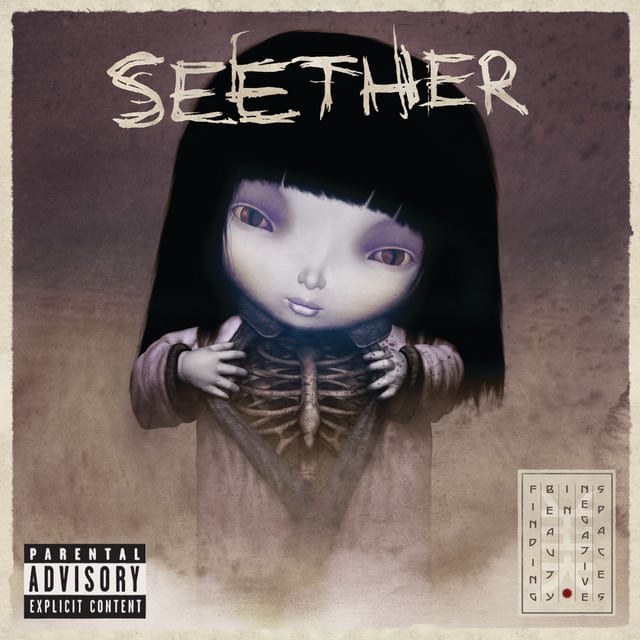Released: 2007
“Fake It” by Seether is a raw, unapologetic anthem for the disillusioned, scrutinizing the pretense and facade that people often put up to blend into a world where they feel inherently out of place. Packed with gritty guitar riffs and assertive vocals, the song digs into themes of authenticity versus deception, self-deception, and societal expectations. It’s a call to arms for the misfits and the lost souls, urging them to embrace their truths, even if it means pretending in a world that doesn’t accept them as they are.
The opening lines of “Fake It” delve straight into the existential; questioning the permanence of one’s soul amidst the facade they present to the world. “Who’s to know if your soul will fade at all? The one you sold to fool the world” – these lines confront the listener with the idea of compromising one’s identity and moral compass for acceptance or success. It’s a stark reminder of the erosion of self-esteem that can come from living a life that’s not authentic to one’s true self.
As the chorus hits, “Fake it if you’re out of direction / Fake it if you don’t belong here / Fake it if you feel like infection,” we’re faced with a paradoxical counsel. Here, Seether isn’t just critiquing the individual’s need to conform; the band is also acknowledging the harsh reality that sometimes, survival in a judgmental society necessitates a degree of pretense. Yet, the repeated line, “Whoa, you’re such a fucking hypocrite,” serves as a bitter reminder of the internal conflict and self-loathing that can accompany such inauthenticity.
The bridge, “I can fake with the best of anyone / I can fake with the best of them all,” reads like a defiant embrace of one’s ability to navigate a superficial world, yet it’s laced with a sense of resignation to playing the game by its rules, even if it means losing oneself in the process. Here, “faking it” becomes both a survival tactic and a form of self-erasure.
Ultimately, “Fake It” oscillates between scathing critique and a somewhat cynical acceptance of the societal pressures to conform. While on the surface, it may come across as a straightforward rock anthem, the song is deeply layered with emotional complexity and a profound commentary on the human condition in the modern age. Seether confronts the listeners with uncomfortable truths about authenticity, societal expectations, and the lengths to which individuals go to belong, urging them to reckon with their reflections in the mirror of a conformist society.








